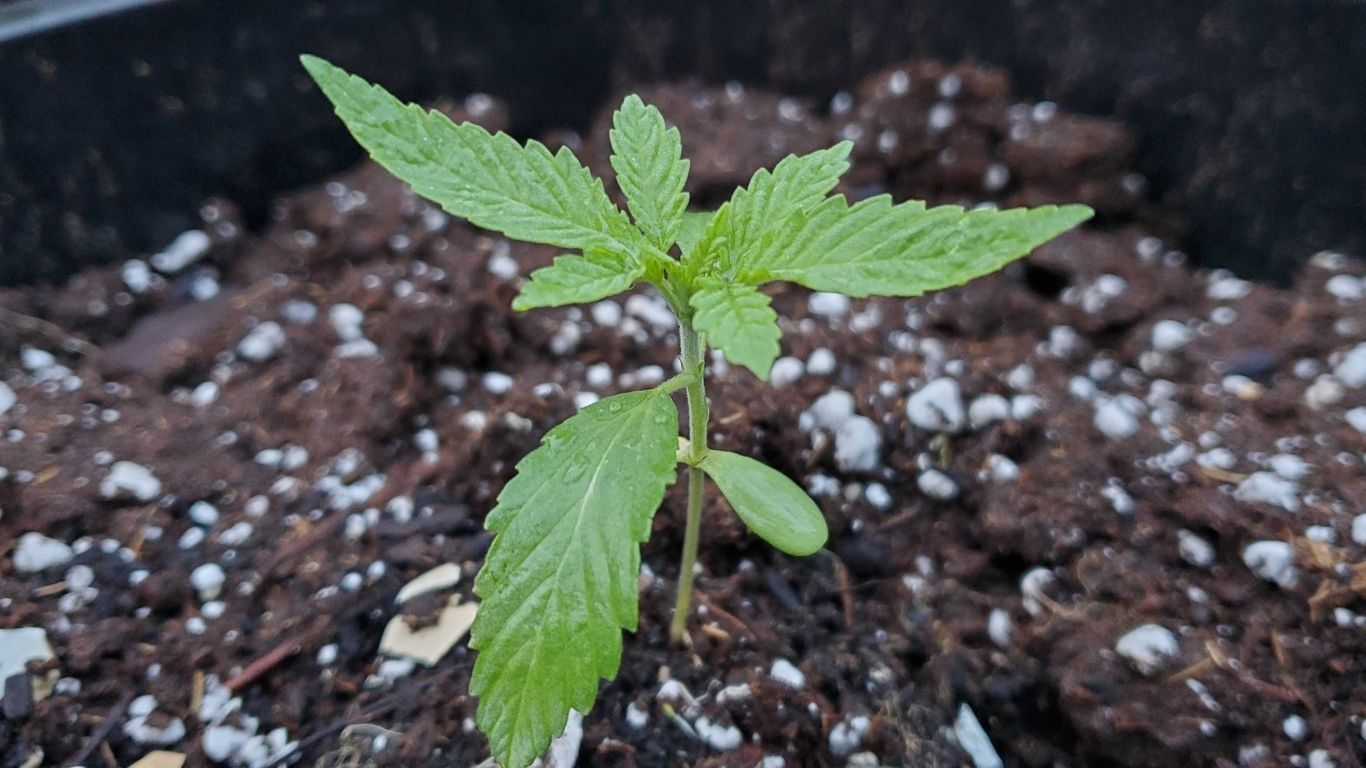
The new year is here, resolutions are being made (and maybe broken, already) and the cannabis industry is starting to wake up from its own holiday slumber. On Stratcann this week, we shared stories about the sale of Aurora’s Polaris facility in Edmonton, a look at stats showing that vapes and extracts are continuing to build market share, and Health Canada’s move to commission research into the effects of different cannabinoids. But that’s not all that’s happened, and we’ve got you covered for everything else that happened this week (plus some from the timeslip between Christmas and New Year).
Once the biggest cannabis company on the planet, Canopy Growth was in the news this week as the cannabis giant officially exited the retail sector, closing its sale of the Tokyo Smoke and Tweed retail brands to OEG Retail Cannabis (a company owned by the Katz group, which also owns the Edmonton Oilers hockey team) and 420 Investments Ltd., respectively—a deal first announced in late September. The Tokyo Smoke stores are expected to keep the name, while the Tweed-branded stores will be rebranded, according to Paul Soucy of Global News. Canopy CEO David Klein said that the divestiture of their Canadian retail business “marks an important step forward on our path to profitability.”
Previously covered by StratCann a full month ago, a story by MJBiz this week reported that Health Canada cracked down on abuses of the personal cannabis production registration system last year.
If you were offline for the holidays, you might have also missed another story in MJ Biz Daily looking at how an “unusual” number of cannabis companies are turning to Canadian insolvency law under the Company Creditors Arrangement Act (CCAA). Their look at the data found that 40 percent of CCAA filings were related to the cannabis industry, as companies try to stay solvent while investment capital dries up. Solomon Israel spoke to several lawyers to try to understand why this trend has popped up the way it has—and why experts expect to see a lot more of them in 2023.
The owner of Cannabis Cottage, an adorable little retail shop in Penticton, BC, is appealing to the thief who stole their holiday tip jar on Monday to return the money, no harm no foul, reports Castanet. Owner Marianna Wolff posted surveillance video of the theft on the shop’s Facebook page in hopes that the thief will have a change of heart before she reports the theft to the RCMP. Thefts have been a persistent problem for retailers, prompting Alberta to scrap laws requiring frosted or covered windows last year in an attempt to deal with the problem.
Though we’ve gotten used to ridiculing the annual “weed in Halloween candy” stories—many of which turn out to be false—last year’s story of a Winnipeg couple who allegedly distributed edibles to trick-or-treaters seems to have some legs, as police have formally charged the couple, who appeared in court this week, according to the Winnipeg Free Press. It’s worth noting that police still don’t have lab results proving that the candies actually had any THC in them, only packaging that indicates the presence of 600 mg of THC. The whole story is a little bizarre.
Staying in Manitoba for a moment, CTV Winnipeg covered the continued growth of the retail segment in the prairie province—now up to 172 stores. Reporter Taylor Brock spoke to shop owners, growers, and business experts who all noted that increased competition is likely to lead to some turbulence in the retail segment in the short-term, but who also suggested that the industry is in the process of settling into something more stable.
Meanwhile, in Victoria, BC, the Victoria Cannabis Buyers Club has followed through on its pledge to ignore a Jan. 2 eviction date, leading to what they say is “panic buying”.
On the health side, researchers looking at data from two major Canadian studies of mental health and cannabis use released some preliminary conclusions this week, finding that worse mental health was associated with increased cannabis use in young Canadians, a suggestion that many youths are turning to cannabis to self-manage their mental health. “Worse mental health was consistently associated with current and lifetime cannabis use among youth,” researchers wrote in an abstract of a paper to be published in an upcoming issue of the International Journal of Drug Policy.
And finally, on a related note, this week Vaughan Dowie, CEO of the live-in youth treatment centre at the Pine River Institute, penned an editorial in the Ottawa Citizen calling on the Ontario government to conduct its own review of the public health ramifications of cannabis legalization. “There is a troubling gap between what youth should know and what they appear to know about cannabis,” he writes. It’s unclear what his specific concerns are—he only speaks vaguely about the “risks” of cannabis—but amidst all the talk of Health Canada’s review, he does raise an interesting question as to whether or not the provinces, who have the most power to alter the rec market and who bear any health costs incurred, ought to be setting up their own parallel reviews.












